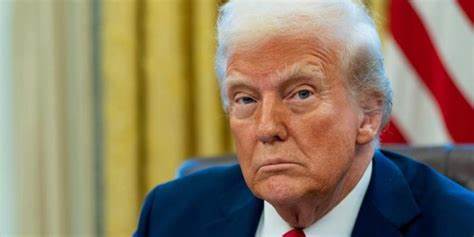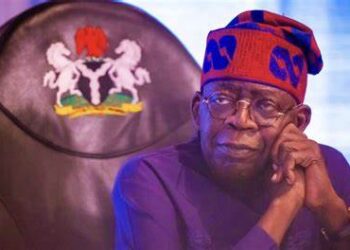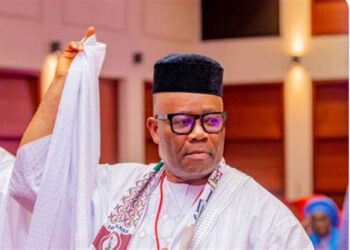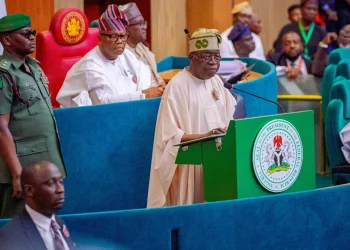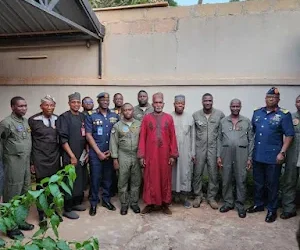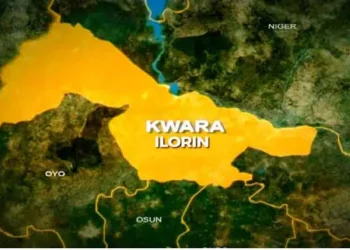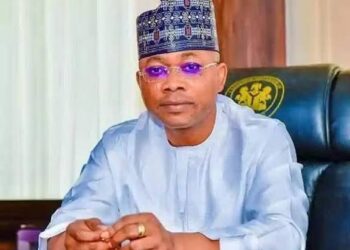United States President Donald Trump has designated Nigeria as a country of particular concern, citing what he described as an ongoing genocide against Christians in the West African nation.
Making the announcement on his Truth Social platform late Friday, October 31, 2025, Trump accused radical Islamists of orchestrating mass killings of Christians across Nigeria and warned that America would not stand idly by while such violence continues.
The American leader provided specific figures, stating that 3,100 Christians have been killed in Nigeria compared to 4,476 worldwide, suggesting that Nigeria accounts for a significant portion of global Christian persecution. “Christianity is facing an existential threat in Nigeria. Thousands of Christians are being killed. Radical Islamists are responsible for this mass slaughter,” Trump wrote in his post.
Trump announced he has directed Congressman Riley Moore, along with Chairman Tom Cole and the House Appropriations Committee, to launch an immediate investigation into the situation and report their findings back to him. He made clear that the United States would not remain passive in the face of what he characterized as widespread atrocities.
“The United States cannot stand by while such atrocities are happening in Nigeria, and numerous other Countries. We stand ready, willing, and able to save our Great Christian population around the World,” the President declared, signaling potential American intervention or support measures.
The designation as a country of particular concern represents a serious escalation in how Washington views the security situation in Nigeria. Such a classification typically indicates that the United States government considers religious freedom violations in the country severe enough to warrant both public condemnation and possible policy consequences, including potential sanctions or other pressure tactics.
This development adds a new layer of complexity to diplomatic relations between Nigeria and the United States at a time when Africa’s most populous nation is already grappling with multiple internal security challenges across different regions.
However, the Nigerian government has consistently pushed back against characterizations of the country’s security crisis as religious persecution. Authorities have described such narratives as misleading, insisting that the violence affecting the nation is driven by terrorism and criminality that impacts citizens of all faiths, not targeted religious killings.
Despite these official denials, Trump’s public intervention and the formal designation bring intense international scrutiny to Nigeria’s handling of security matters. The move could potentially trigger a series of diplomatic and economic consequences, with Washington now empowered to implement various measures designed to pressure the Nigerian government into taking stronger action.
For a country already struggling with insurgency, banditry, and communal clashes in multiple states, the American President’s declaration represents yet another significant challenge to Nigeria’s international standing and could influence how other Western nations engage with Nigeria on security and human rights issues going forward.

